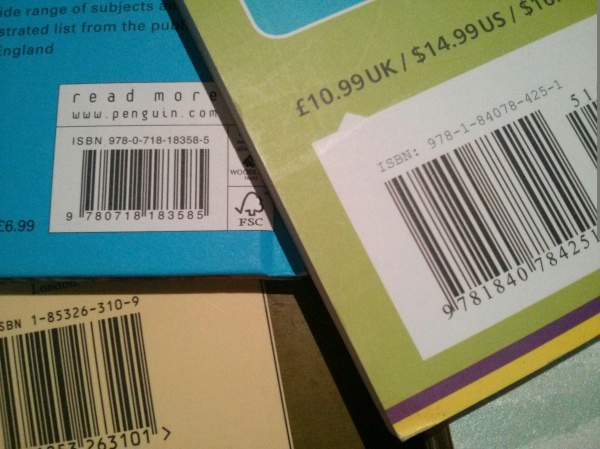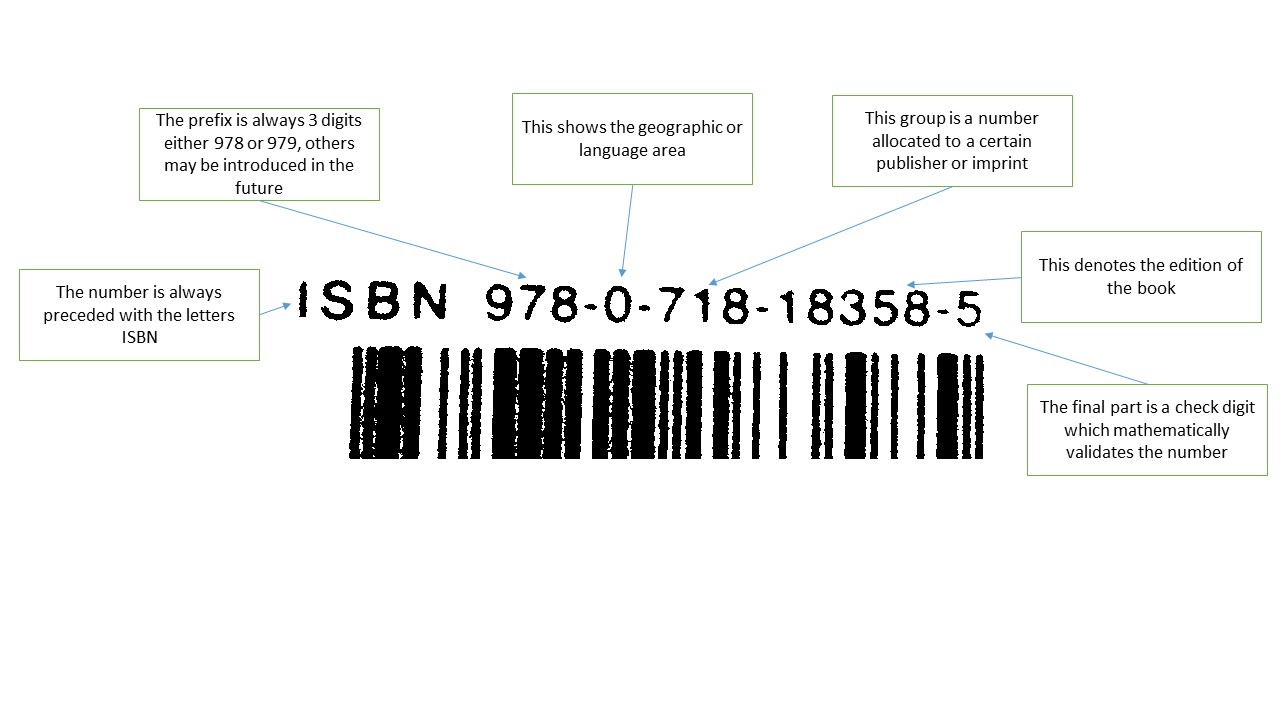I have been looking back over my collection of Google Alerts again to weed out the interesting articles from the gathered emails of schedules of bookmobile of mobile library routes. I considered whether there was any historical reason why I should save the schedules and from a big data point of view, that may be interesting, but I decided against it, think that if they are still on the net from 2013, then they should be there if anyone wanted to do a heat map of the mobile libraries driving across the USA.
I did come across some interesting articles two of which are rather unusual and one just cheerful. I also came across some news items of mobile libraries closing, or being under threat. Together they show that although there are very good things happening with Mobile Libraries there are also bad things and sometimes people's motives may be a bit dubious. There are a lot of thoughts in that sentence, so lets take them one at a time, starting with the bad things.
Bad things
Mobile Libraries, and specialist children's mobile libraries (CMLs), are easy targets for budgetary cuts. When I traced the history of CMLs I spotted the pattern of them popping up like mushrooms at various times, living for a number of short years, then, just like mushrooms disappearing for a while, sometimes to reappear after several years when another grant was available. In the UK over the past few years there has been enormous pressure on local authority funding and libraries have taken the full thrust of savings. So in 2013/2014 I found a number of articles about threats to mobile libraries in rural locations which were considered a life line to the local communities. I am not sure whether the mobile library services were actually cut in the end, something to pursue another day.
The UK was not the only country where mobile libraries have closed and isolated or minority communities are the hardest hit. I found an article about one in the USA which had been running for over 50 years, and had many visitors from Amish communities and one from Canada too.
I thought that I had found a good article when I saw the heading "Peace Corps Brings Bookmobile to Isolated Georgian Communities", from the Philadelphia News. It refers to Georgia the country between Turkey and Russia, not the US state of that name. I am not including the URL because the site is full of adverts, some of a dubious nature. I am sure that you can find it if you google it. However, I have my doubts about the ethics of that particular bookmobile:
- The vehicle is a converted school bus from the US - What is wrong with using local vehicles?
- It is operated by the US Embassy
- Although targeted to the youth in the settlements, it "promotes American Culture" - What is wrong with Georgian culture?
- The books are in English
Now, I believe that the Embassy and the Peace Corps consider that they are doing a good thing for those youth, and learning about other countries is a good thing, but if you are trying to engage displaced young people and help the disadvantaged then at least start with what they know, their own language and culture. I just get the uneasy feeling that this bookmobile may be more about propaganda that altruism.
Good things
The first good thing, to counter library closures, here is a
library opening.This is an example of a service that paused until money was found to start it again. The community is rightly proud of bringing back a service that will mainly serve schools, but will then visit other parts of the community.
The second good thing is a bicycle mobile service. Now, I am sure that you have heard of them before, but this one is not in Peru, or Cambodia, but in Arcata, California.

The project, as it was in 2014, was the idea of university teacher and bicycle enthusiast Melanie Williams who is combining her passions of teaching, literacy and cycling. All the books have a cycling theme and she explains her reasons for doing this in her
interview with the local radio station. Part of the interview is about the Book Mobile and the latter part about her work in promoting cycling. If you have 15 minutes to spare it is well worth listening to what she says.
 I personally feel rather cheated by life. I was certainly securely literate in English, the language that everyone spoke around me, and I developed a full, rich vocabulary full of description, metaphor, poetry because I come from the South Wales Valleys and the socialist background of Chapel, where creativity, education and learning were the guiding principles of life. So no problem there. But, Welsh was not spoken, the road signs were not bilingual at the time. There were no Welsh playgroups, or nurseries and Welsh was not an exam subject in School, so I missed out on the chance of being bi-lingual and knowing more Welsh than being able to sing the Welsh national Anthem or Welsh Hymns or Nursery Rhymes. It would have been great if I could have had some children's books in Welsh to develop literacy in Welsh.
I personally feel rather cheated by life. I was certainly securely literate in English, the language that everyone spoke around me, and I developed a full, rich vocabulary full of description, metaphor, poetry because I come from the South Wales Valleys and the socialist background of Chapel, where creativity, education and learning were the guiding principles of life. So no problem there. But, Welsh was not spoken, the road signs were not bilingual at the time. There were no Welsh playgroups, or nurseries and Welsh was not an exam subject in School, so I missed out on the chance of being bi-lingual and knowing more Welsh than being able to sing the Welsh national Anthem or Welsh Hymns or Nursery Rhymes. It would have been great if I could have had some children's books in Welsh to develop literacy in Welsh.





